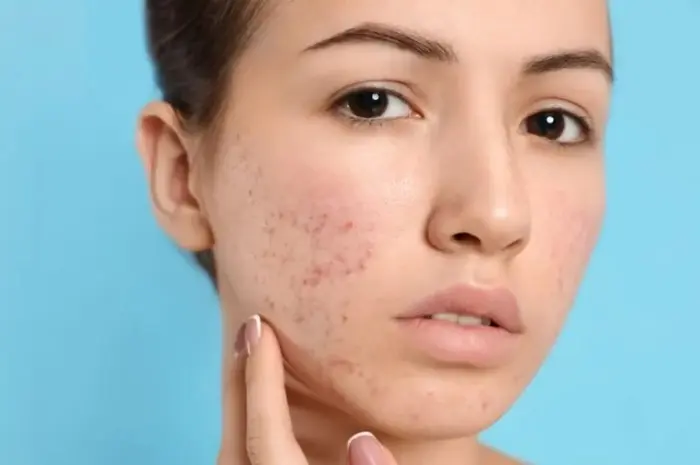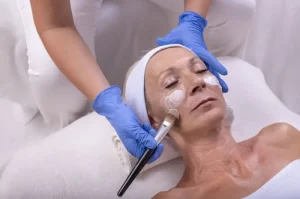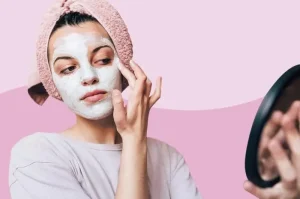Acne is a common skin condition that affects millions of people worldwide. It’s not just a teenage problem; adults can suffer from acne too. Acne scars, the marks left behind by acne, can also be a concern, impacting one’s self-esteem.
Fortunately, there are various quick ways to treat both acne and its scars. In this article, we will explore the most effective treatments for acne and acne scars, including over-the-counter products, prescription medications, and home remedies.
Understanding Acne and Its Causes
Before diving into treatments, it’s crucial to understand what acne is and what causes it. Acne occurs when the hair follicles become clogged with oil and dead skin cells. This can lead to whiteheads, blackheads, and pimples. Factors contributing to acne include hormonal changes, diet, stress, and genetics.
Over-the-Counter Treatments
- Benzoyl Peroxide: This is a common ingredient found in many acne treatments. It works by killing bacteria and drying up the excess oil that causes acne. Products range in concentration from 2.5% to 10%. It’s advisable to start with a lower concentration to see how your skin reacts.
- Salicylic Acid: This helps to unclog pores by exfoliating the skin and removing dead skin cells. It’s available in various forms such as cleansers, toners, and spot treatments.
- Sulfur: Often combined with other ingredients like salicylic acid, sulfur helps remove excess oil and dead skin cells, reducing acne.
Prescription Medications
- Retinoids: Derived from Vitamin A, retinoids such as tretinoin are effective in treating mild to moderate acne. They help unclog pores and prevent new acne from forming.
- Antibiotics: Topical or oral antibiotics can be prescribed to reduce inflammation and bacteria on the skin.
- Oral Contraceptives: For women with hormonal acne, oral contraceptives can be effective in regulating hormones that trigger acne.
Home Remedies
- Tea Tree Oil: Known for its antibacterial properties, tea tree oil can be applied topically to reduce inflammation and acne.
- Aloe Vera: With its soothing properties, aloe vera can help reduce inflammation and promote healing, especially in acne-prone skin.
- Honey and Cinnamon Mask: Both ingredients have anti-inflammatory and antibacterial properties, making them effective in acne treatment.
Treating Acne Scars
- Over-the-Counter Creams: Products containing ingredients like hydroquinone, kojic acid, or Vitamin C can help lighten hyperpigmented scars.
- Chemical Peels: These can be done at a dermatologist’s office. Chemical peels remove the top layer of the skin, reducing the appearance of scars.
- Microneedling: This procedure involves using fine needles to puncture the skin, stimulating collagen production, which can reduce the appearance of scars.
- Laser Treatment: Laser therapy can be used to resurface the skin and diminish scars.
· Lifestyle Changes
- Diet: Eating a balanced diet with fewer refined sugars and dairy products can reduce acne.
- Hydration: Drinking plenty of water helps in maintaining healthy skin.
- Stress Management: Stress can exacerbate acne, so practices like yoga, meditation, and regular exercise can be beneficial.
Conclusion
Treating acne and its scars can be a journey, and what works for one person might not work for another. It’s important to be patient and consistent with your treatment plan. If over-the-counter products and home remedies aren’t effective, it’s advisable to consult a dermatologist who can recommend a treatment plan tailored to your skin type and condition. Remember, acne and scars can be managed with the right approach and care.










